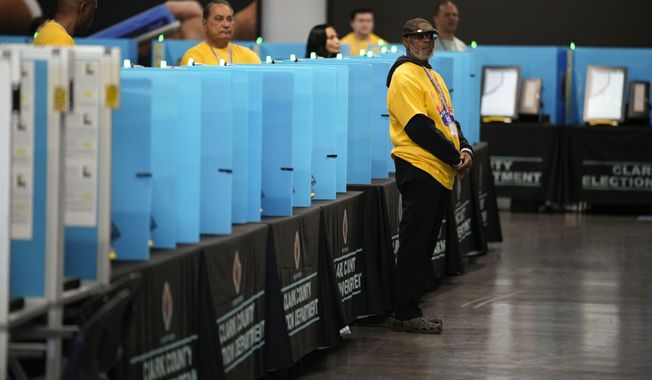
In this Jan. 28, 2014 photo, Japanese government-funded laboratory Riken Center for Development Biology researcher Haruko Obokata, the lead author of a widely heralded stem-cell research paper, speaks about her research results on stimulus-triggered acquisition of pluripotency (STAP) cells during a press conference in Kobe, western Japan. Scientists at the institute said Tuesday, April 1, that discrepancies in research published in January in scientific journal Nature stemmed from image manipulation and data fabrication. They said Obokata had manipulated or falsified images of DNA fragments used in the research. (AP Photo/Kyodo News) JAPAN OUT, MANDATORY CREDIT
Featured Photo Galleries


Trump Transition: Here are the people Trump has picked for key positions so far
President-elect Donald Trump has announced a flurry of picks for his incoming administration. Get full coverage of the Trump transition from The Washingon Times.

Trump dances onstage, takes post-election nation by storm
President-elect Trump dances onstage











